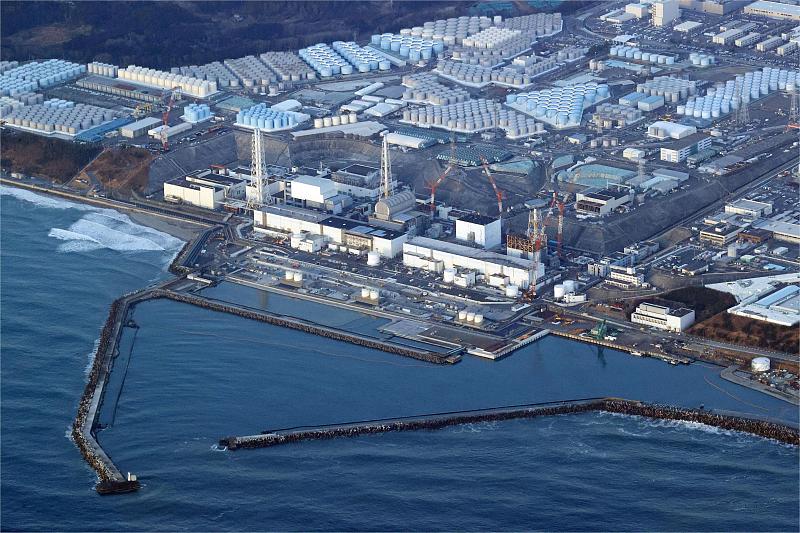
The Fukushima Daiichi nuclear power plant in Fukushima Prefecture, Japan, March 17, 2022. /CFP
The Fukushima Daiichi nuclear power plant in Fukushima Prefecture, Japan, March 17, 2022. /CFP
Fiji's Acting Prime Minister Manoa Kamikamica said on Friday that the country has been on very high alert after Japan planned to discharge the Fukushima nuclear-contaminated wastewater into the Pacific Ocean.
Kamikamica said a question that has been asked is if the Advanced Liquid Processing System (ALPS) treated water is so safe, why not re-use it in Japan for alternative purposes, in manufacturing and agriculture for instance, according to local media.
He stressed that the health of the Pacific Ocean is vitally important for Fijians, as it is a source of livelihood to many, it holds the only healthy stock of tuna in the world, and it forms a key part of the Pacific Islands Forum's (PIF) 2050 Strategy which emphasizes the preservation, protection and security of the ocean and the people.
As outgoing Chair of the PIF, he noted that Fiji stands with the decision of the PIF leaders in Nadi last week that the planned release of ALPS-treated water by the Japanese government should be guided by science and data.
He pointed out that the planned release by Japan will have trans-boundary impacts across the Pacific and it is important that they reach a shared understanding on the implications of this release before they move ahead.
The PIF has established an independent panel of scientific experts to advise its members on this complex issue and to review the data and information about Japan's position on this matter, he said, adding that in simple terms the experts have not been able to reach the same conclusion as the Japanese government and the International Atomic Energy Agency (IAEA), based on the data and information that has been shared with them.
The PIF has urged Japan to delay its discharge of wastewater contaminated by the wrecked Fukushima Daiichi Nuclear Power Plant into the Pacific Ocean.
The Japanese government said in January that the controversial plan to release radioactive wastewater into the Pacific will start in spring or summer.
While stressing that the Pacific region is steadfast that there is no discharge until all parties verify it is safe, PIF Secretary General Henry Puna said recently that it is absolutely important for the Pacific that Japan does not go ahead with the release.
He warned that the PIF must prevent action that will lead or mislead them toward another major nuclear contamination disaster at the hands of others.
Source(s): Xinhua News Agency